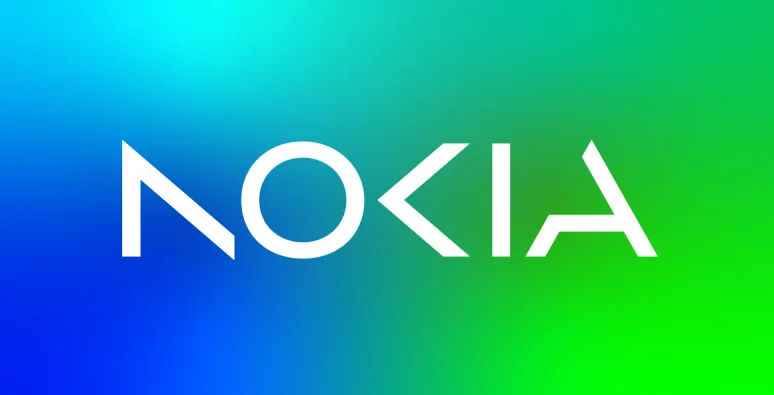Insider Brief
- U.S. Senators Maggie Hassan and Marsha Blackburn are pressing the Pentagon for answers on its quantum sensing efforts, citing concerns over China’s advances in the field, as reported by Defense One.
- Quantum sensing, which could enable jam-resistant navigation and positioning systems, is closer to real-world application than quantum computing, and China currently leads in market-ready technologies in this area.
- The senators have asked the Department of Defense to outline its strategic plan for quantum sensing, including how it is coordinating efforts internally and with other agencies, and what support it needs from Congress to accelerate development.
A recent report that suggests China has grabbed global leadership reinds from the U.S. in quantum sensing seems to have not gone unnoticed in Washington D.C.
Two U.S. senators are pushing the Department of Defense (DOD) for answers on its efforts to advance quantum sensing technology, a critical area of quantum science that could play a key role in future military capabilities. In a bipartisan letter to Defense Secretary Lloyd Austin, Senators Maggie Hassan (D-N.H.) and Marsha Blackburn (R-Tenn.) expressed concerns about the United States’ ability to keep pace with China in this emerging field, according to Defense One, which obtained the letter.
“China is pursuing advances in quantum information science, some of which outstrip the efforts of the United States in scale and scope,” the senators wrote in the letter dated October 3, according to the defense news site. “To ensure that the United States maintains its technological advantage, DOD must have a strategic plan to integrate quantum sensing into our national security efforts.”

Quantum sensing, which uses the precise measurement of atomic and subatomic particles to detect physical changes like acceleration or gravity, is expected to revolutionize technologies like navigation systems. These sensors could allow military assets such as drones or aircraft to determine their location without relying on jammable or spoofable GPS signals. As Defense One reports, the technology is likely much closer to real-world application than quantum computing, which still faces development hurdles.
The letter follows a September report by the Information Technology and Innovation Foundation (ITIF), which found that while the United States leads in quantum computing, China excels in market-ready quantum sensing and communications technology.
According to the report, “China leads in quantum communications… and matches the United States in sensing, excelling in market-ready tech, while the United States dominates high-impact areas.”
This gap in quantum communication and sensing technology reflects the differing strategies between the two nations. Quantum computing, in which the U.S. leads, requires the manipulation of qubits to process complex information—a difficult challenge that researchers expect won’t be fully realized for years. IBM, for example, hopes to build a 100,000-qubit quantum computer capable of solving global challenges, but not until 2033. On the other hand, quantum sensing involves more immediate applications, using the predictable behavior of atoms to gather precise measurements of environmental factors like acceleration, Defense One reports.
The concern over China’s increasing number of quantum advances was share by Quantinuum’s CEO Rajeeb Hazra in an in interview with The Telegraph.
He sees some Western nations are ignoring the threat and a lack of coordination broadly.
“What is a little worrisome is not everybody has that same view of underestimation,” Hazra told The Telegraph. “There are nation-states that are saying ‘this is the way to go in the future’ and there are some that are ignoring it or underestimating it, to the point that there is a disparity of investments across nation states.”
The Department of Defense has made several investments in quantum sensing, including a $55 million initiative aimed at advancing the technology, according to Defense One. However, the ITIF report suggests that China’s emphasis on near-term technologies has given it a lead in quantum communication and possibly sensing, putting the U.S. at a disadvantage.
“Overall, China’s strategic focus on near-term quantum technologies enables it to lead in technologies that are closer to market readiness,” the report states.
In their letter, Hassan and Blackburn questioned the Pentagon’s level of preparedness in this area. But, more specifically, the senators perceive a lack of planning and coordination among the federal government’s quantum technology efforts. They are pressing for answers on how DOD coordinates its quantum sensing efforts, both within its various branches and with other federal agencies that are reportedly outspending the military in this field. The senators are also seeking clarification on whether DOD has a strategic plan for quantum science at all.
Defense One reports that, among their inquiries, the senators asked:
- “What emerging threats and areas of concern has DOD identified that quantum sensing may play a role in addressing? How has DOD already worked to use quantum sensing to address these threats?”
- ”What is the current breakdown of quantum sensing efforts within DOD, including the offices responsible for managing and moving forward overall DOD quantum efforts?”
- “What does DOD need from Congress to support, sustain, and accelerate quantum sensing technology for national defense?”
The senators have requested a response from Secretary Austin by November 15.















